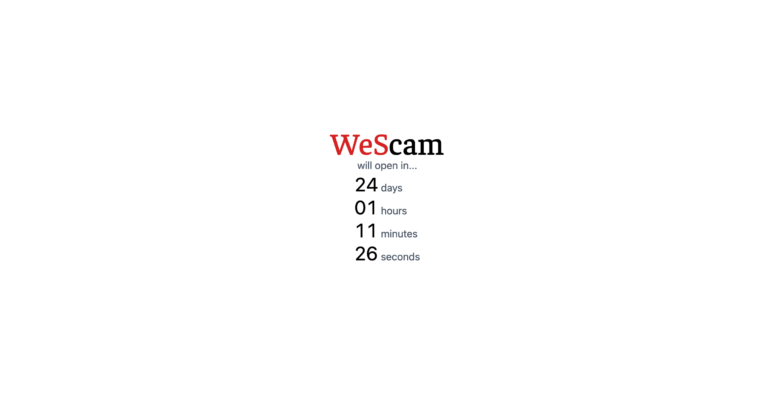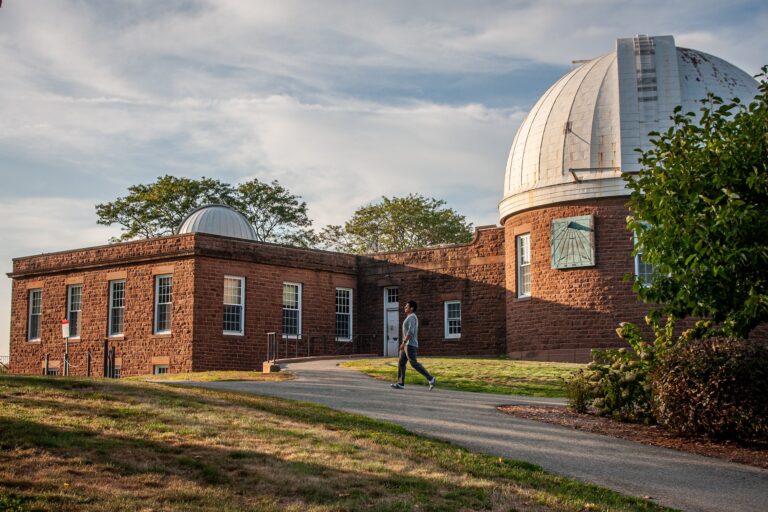Transgender Solidarity Network Forms on Campus

With President Donald Trump’s re-election in 2024, concerns over threats to marginalized groups have become increasingly salient. the Transgender Solidarity Network (TSN) is a recently formed network of student organizations aiming to provide communal support and representation for transgender students, faculty, and staff while providing education to the wider campus community.
As laws banning gender-affirming treatment continue to take hold across the United States, with 26 states imposing some form of ban on gender-affirming care for minors, the need for transgender solidarity and advocacy has become apparent to the University’s student organizations. In light of these developments, Reuben Wasserman ’28 formed the TSN.
Activism became a mainstay in Wasserman’s life in 2023, when one of the children he was babysitting came out as transgender. In the same year, Florida’s legislature passed SB 254, a law imposing firm bans on some kinds of gender-affirming care for anyone under the age of 18. Wasserman, who is also transgender, elaborated on the parental concerns the child’s family expressed with the bill’s passing.
“[The boy’s parents knew the kid] had so much gender dysphoria that they didn’t know if he was going to be able to survive if he stayed in Florida without access to the proper bathrooms, affirming schools, and other places, and without gender-affirming care when he did hit puberty,” Wasserman said.
Wasserman previously lobbied on Capitol Hill against this very law, but SB 254 ended up passing, leading to sweeping changes in legislation. In turn, Wasserman’s family friends did the only thing that felt feasible: uprooting their entire life and moving to St. Paul, Minn., where they had some connections with in-laws.
“[Though the family’s father was able to find a job,] their mom had this high-ranking position in my synagogue, which was lost in the uproot,” Wasserman said. “They lost a lot, and I lost these kids I babysat.”
Having been surrounded and affected by these laws in his home state, Wasserman’s willpower to create change remained strong when he found himself up north in Connecticut. This passion only grew following the 2024 presidential election, as Trump enacted a series of executive orders restricting gender-affirming medical care for those under the age of 19, denying updated gender markers on passports for transgender people, excluding trans women from women’s sports, and erasing references to transgender people from school curricula within the first weeks of his second term.
“Everything that Trump’s doing now is imitating [Florida Governor Ron] DeSantis,” Wasserman said. “In many ways, it’s a little more extreme. He might have less constitutional legitimacy to do it but, in my opinion, I’ve seen a lot of what’s happening [nationally] in the trans sphere already happen in my home state.”
The TSN’s primary goal is to protect transgender rights on a campus, national, and international level. The network operates as a coalition of multiple on-campus organizations, currently including Adolescent Sexual Health Awareness (ASHA) and the Wesleyan Democrats (WesDems).
“We are glad to be a part of a coalition helping to protect trans students and create a space for them on campus at a time when the trans community is facing historic discrimination and aggression from the federal government,” Ridley Solmssen ’28, a WesDems representative to the TSN, said.
ASHA is a student club that teaches local high schoolers in central and southern Connecticut about sexual well-being through two-day workshops. Luné Maldonado ’27, a member of ASHA and a representative of the organization to the TSN, explained that ASHA decided to join the TSN after engaging in conversations about the relevance of its work in a culture that is increasingly dominated by transphobic and queerphobic rhetoric.
“ASHA core members are not just deeply invested in trans activism, but [are] wholeheartedly affected by these [policies,] which are growing more and more intense in our country,” Maldonado said. “We want to continue to fight for transgender rights and find even more ways to do so by any means possible through the work that we do in ASHA…. Sexual education should be and needs to be for everyone, and that includes trans individuals.”
According to Wasserman, the TSN will be organized into four committees: research/education, community/base building, mass action planning, and community building. Each committee will collaborate with groups both internal and external to the TSN.
“There’s gonna be a few elected people within those committees who make sure that everything’s going smoothly, and who coordinate between committees,” Wasserman said.
All the committees contribute to the TSN’s overarching goal to process and disseminate information regarding issues which affect transgender people to the larger University community. Wasserman believes that education is the catalyst for change.
“I think the biggest thing to start with is teach-ins and raising awareness about what trans rights look like on campus, in Connecticut, and then nationally, and internationally,” Wasserman said. “We can’t do anything if we don’t have a support system that knows what’s going on.”

Wasserman highlighted the recent report on gender-affirming care for trans youth from the U.S. Department of Health and Human Services (HHS) as an example of the importance of countering disinformation. The report recommends discredited treatments such as conversation therapy for trans children and is rife with inaccurate and misleading claims. Notably, the report does not list any authors and has not been peer-reviewed.
Wasserman emphasized the impact which national issues like the HHS report have on trans students at the University. The TSN hopes to host recent trans alumni from Wesleyan to speak about their lives after graduation.
“How does identity come into play for things like housing, employment, [and] the medical system?” Wasserman said. “These questions also apply for breaks between classes, summer vacation, especially.”
One of the biggest issues that the TSN is facing is the recent alteration of Title IX policies, which barred trans women from competing in intercollegiate sports on teams that would align with their gender identities. Wasserman emphasized the importance of organizing both on and off campus to address the issues affecting trans people, including the sports ban.
“The fact is, the state of trans rights in this country sucks right now, and so if we want to do anything about that, it can’t just be on campus,” Wasserman said. “The goal isn’t just to make life better for trans people on campus, though that’s obviously a goal. The goal is also to make life better for trans people across this country and eventually across the world.”
Although the TSN is still in its early stages, its members are in the final stages of creating and voting on an internal proposal finalizing critical steps. The network looks forward to creating change, both at a local and national level.
“Those are the main tangible impacts that you’re gonna see first, and you’re gonna see us do…but that doesn’t mean that’s where we stop, because a lot of the changes that are affecting us are on a federal level,” Wasserman said.
The Features team contributed reporting.
Willow Simon can be reached at wsimon@wesleyan.edu.








Leave a Reply